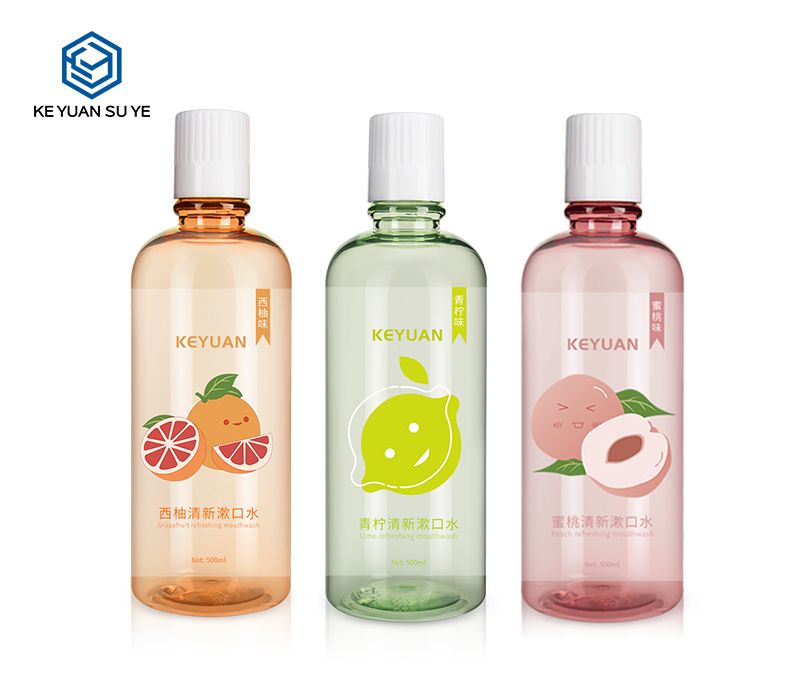Are plastic bottles better?
The choice between various types of beverage containers has become a focal point in discussions about environmental impact and personal health. Plastic bottles, in particular, have both advantages and disadvantages that prompt consumers to consider their decisions carefully.
1. Pros of Plastic Bottles:
1.1 Lightweight and Convenient:
Plastic bottles are lightweight and convenient, making them easy to carry, transport, and store. This convenience is particularly advantageous for on-the-go lifestyles, promoting hydration without added bulk.
1.2 Durability:
Plastic bottles are durable and resistant to breakage, reducing the risk of spills and potential injuries. Their robust nature makes them suitable for various environments, from sports activities to outdoor events.
1.3 Recyclability:
Many plastic bottles are recyclable, contributing to the circular economy by reducing the demand for new materials. Recycling initiatives aim to divert plastic waste from landfills, mitigating the environmental impact.
2. Cons of Plastic Bottles:
2.1 Environmental Impact:
Plastic bottles are a significant contributor to environmental pollution. Single-use plastic bottles, in particular, can end up in landfills, oceans, and ecosystems, causing harm to wildlife and the environment.
2.2 Non-Biodegradable Nature:
Most plastic bottles are non-biodegradable, meaning they do not break down naturally over time. This persistence in the environment raises concerns about long-term ecological consequences.
2.3 Chemical Leaching:
There are concerns about the leaching of chemicals, such as bisphenol A (BPA), from certain types of plastic bottles. These chemicals may have adverse effects on human health, particularly when bottles are exposed to heat or prolonged use.
3. Health Considerations:
3.1 BPA-Free Alternatives:
Manufacturers have responded to health concerns by producing BPA-free plastic bottles. These alternatives aim to minimize the risk of chemical leaching, offering consumers options that prioritize health and safety.
3.2 Reusable Options:
Choosing reusable plastic bottles or those made from safer materials, such as high-density polyethylene (HDPE), can help reduce exposure to potential harmful chemicals. Reusable bottles also contribute to waste reduction.
4. Alternatives to Plastic Bottles:
4.1 Stainless Steel:
Stainless steel bottles are durable, reusable, and offer an eco-friendly alternative to plastic. They are often chosen for their longevity and ability to keep beverages at desired temperatures.
4.2 Glass:
Glass bottles are recyclable and do not leach harmful chemicals. While heavier than plastic, they are a sustainable choice for those seeking an environmentally friendly option.
4.3 Aluminum:
Aluminum bottles are lightweight, recyclable, and have a lower environmental impact compared to some plastics. They are often chosen for their durability and suitability for recycling.
The decision of whether plastic bottles are better involves considering a variety of factors, including convenience, environmental impact, and health considerations. While plastic bottles offer practicality and are recyclable to some extent, their environmental consequences and potential health risks have led to the exploration of alternative materials.
Consumers can make more informed choices by opting for BPA-free plastics, reusable options, or exploring alternatives like stainless steel, glass, or aluminum. Ultimately, the pursuit of sustainability and well-being encourages individuals to balance convenience with conscientious choices, contributing to a healthier planet and a healthier self.
If you are interested in sending in a Guest Blogger Submission,welcome to write for us!





Comments
0